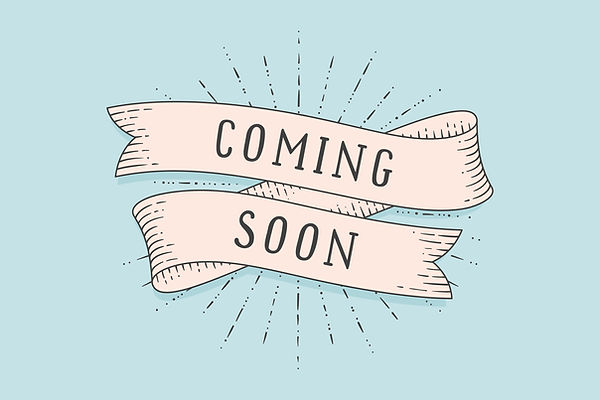
Ramadan has been a pivotal part of my life for almost twenty years. It carries so much significance, on so many nuanced levels, together with vivid memories of wonderful food, gatherings & traditions.
The ninth month of the Islamic calendar, which follows the cycles of the moon, marks the beginning of the most sacred month in Islamic culture. Muslims observe Ramadan to honour the transference of the first few chapters of the Quran, from Allah to Prophet Muhammad in 610 AD.
The observance of Ramadan is very personal. It’s a time of spiritual growth and a period of reflection. Undeniably, the physical elements – abstaining from food and water from dawn to sunset – occasionally overshadow the inner work that isn’t as discernible.
There are those who are exempt from fasting: pregnant women, postpartum women, breastfeeding mothers, menstruating women, the ill, the elderly, travellers and children.
Ramadan starts with a palpable sense of community as soon as the crescent moon is sighted. Then there are the preparations; special food is bought and prepped, blessings and words of grace are shared amongst friends and family, but most importantly – intentions are set.
I set my intentions for the day after my morning prayer. It’s a time when my mind is clear, when I feel most open and optimistic for what the day holds.
My self-care process in Ramadan involves a myriad of actions, thoughts & rituals. Prayer, or salat, becomes the central act in which everything else revolves around. It’s a moment to detach from worldly ties and distractions. A moment of peace, of uttering well wishes for those you love, asking for forgiveness & the ability to forgive.
Food, as you can imagine, plays an integral role during this special month. I take great pleasure in planning how I will break my fast and the evening meal that follows – iftar.
It’s sunnah (habitual practice) to break your fast with dates, as the Prophet Muhammad used to do so himself. Quite fittingly, dates are a sweet fruit from the date palm tree, which is a symbol of hospitality and peace.
I break my fast with a few sips of water, put the kettle on, pray Maghrib and revel in my first cup of English Breakfast tea: no milk, two teaspoons of organic honey.
Growing up, eating in Ramadan consisted mainly of starchy, fried foods that were absolutely delicious, but could weigh heavy on the stomach.
Samosas have always been essential Ramadan fare in my London family home, particularly if they’re lovingly homemade by my aunt, who prepares them in large batches to be frozen and divided amongst the family. It’s the only time of year that I eat them. Sadly, I’m samosa-free this year.
Now that I’m living in Italy, I’ve had to readjust my expectations and my diet (not that I’m complaining!). I eat my evening meal an hour after my cup of tea (with lots of water in between), which usually involves a protein, a carbohydrate and vegetables. It’s important for me to eat healthily along with what I enjoy during this month, as nourishing my body is always a priority. Whatever I choose to eat and drink during the evening must sustain me until sunset the next day.
I am a staunch supporter of naps, Italians swear by them and so do I. My Italian in-laws have been taking a forty-five minute nap after lunch all of their lives, and it looks very good on them. If you’re lucky enough to be working from home, a nap around lunchtime is the ideal rejig your energy needs, especially if you’re fasting. If not, indulge on the weekend.
Gratitude, charity, discipline, forgiveness and community. The pillars of Ramadan are many.
It’s letting go of that grudge that’s been weighing you down. It’s giving back to those who are less fortunate. It’s remembering that there are those who are less fortunate. It’s recognising and appreciating all that you’ve been blessed with. It’s extending kindness, to yourself and to others.
Ramadan teaches you how to mindfully navigate the world with compassion. It arrives so quickly every year, and I’m always sad to see it go.
Ramadan Mubarak!
